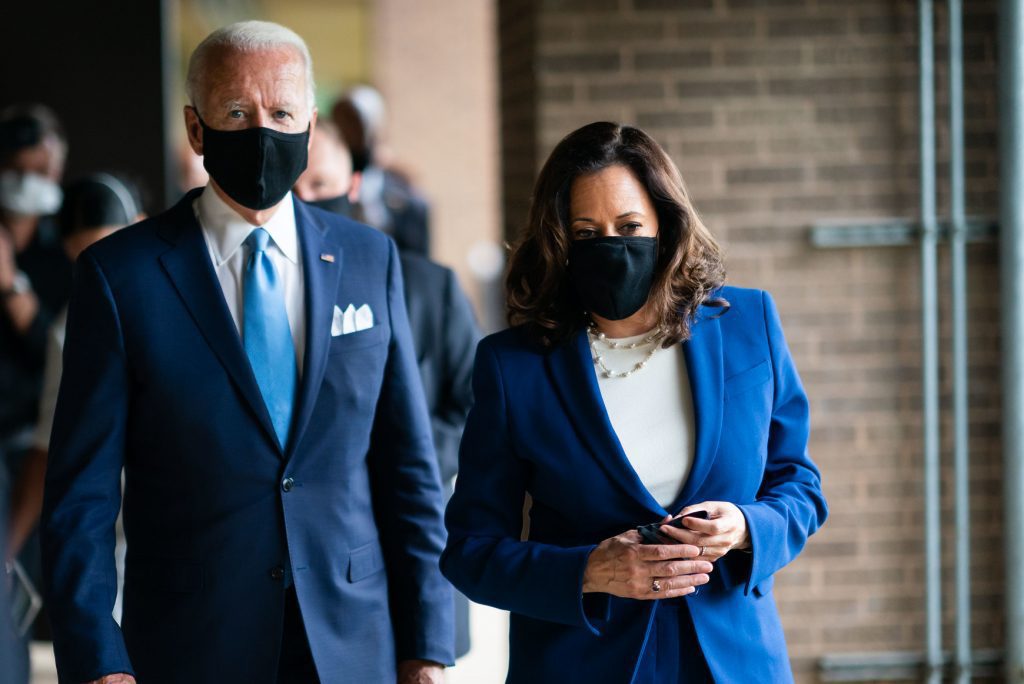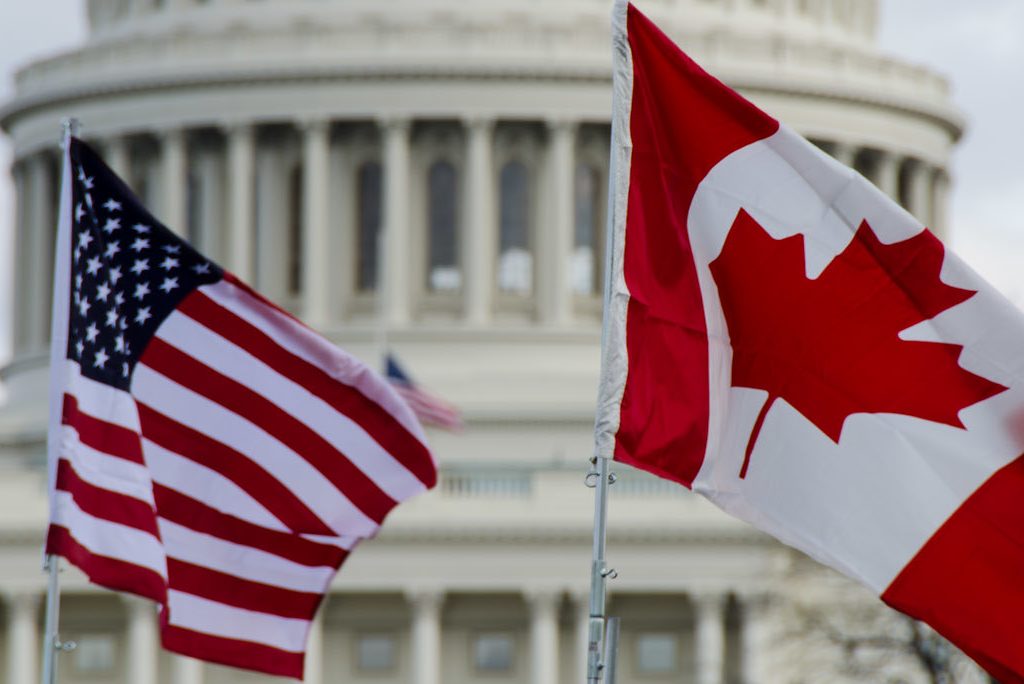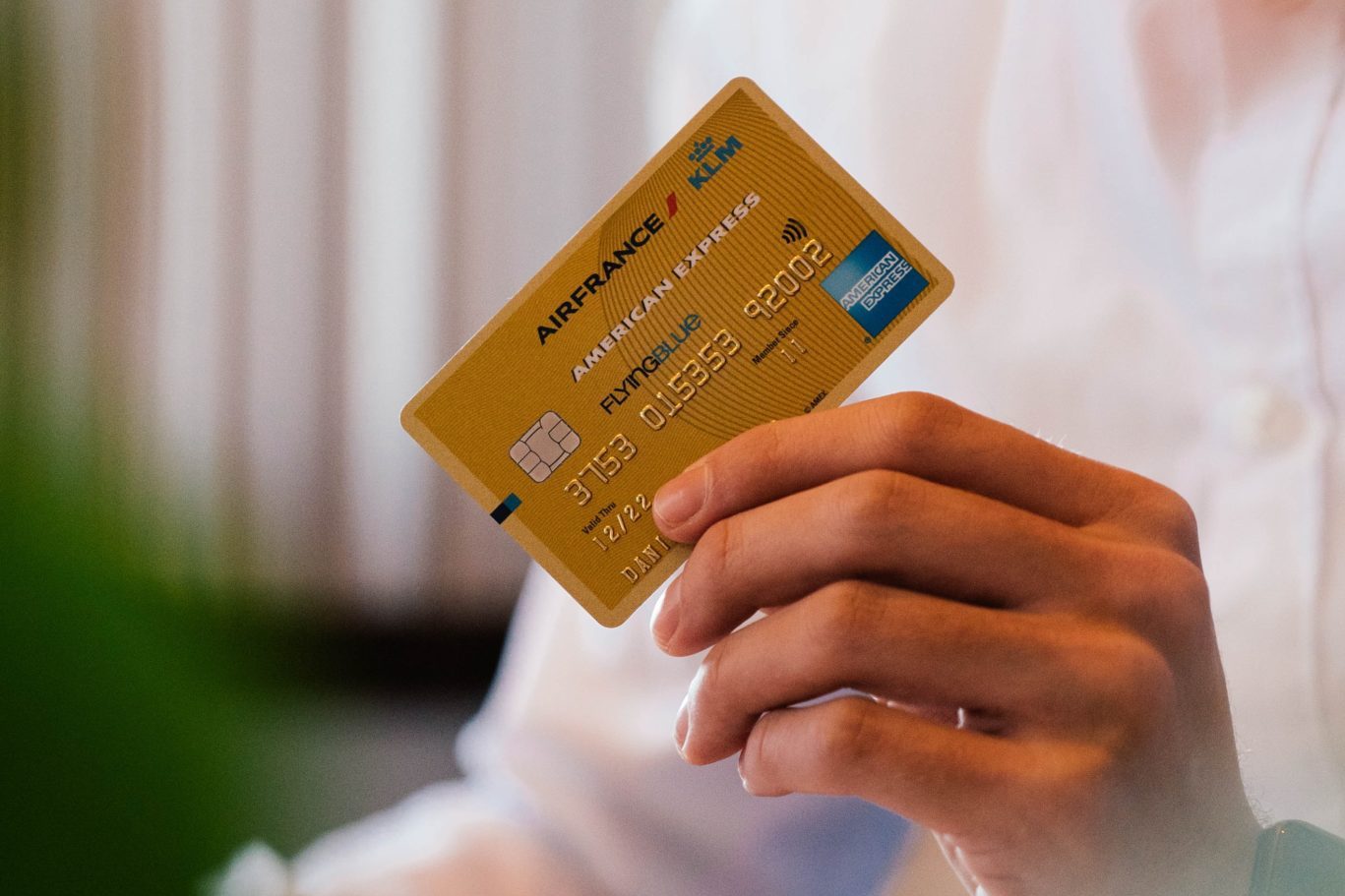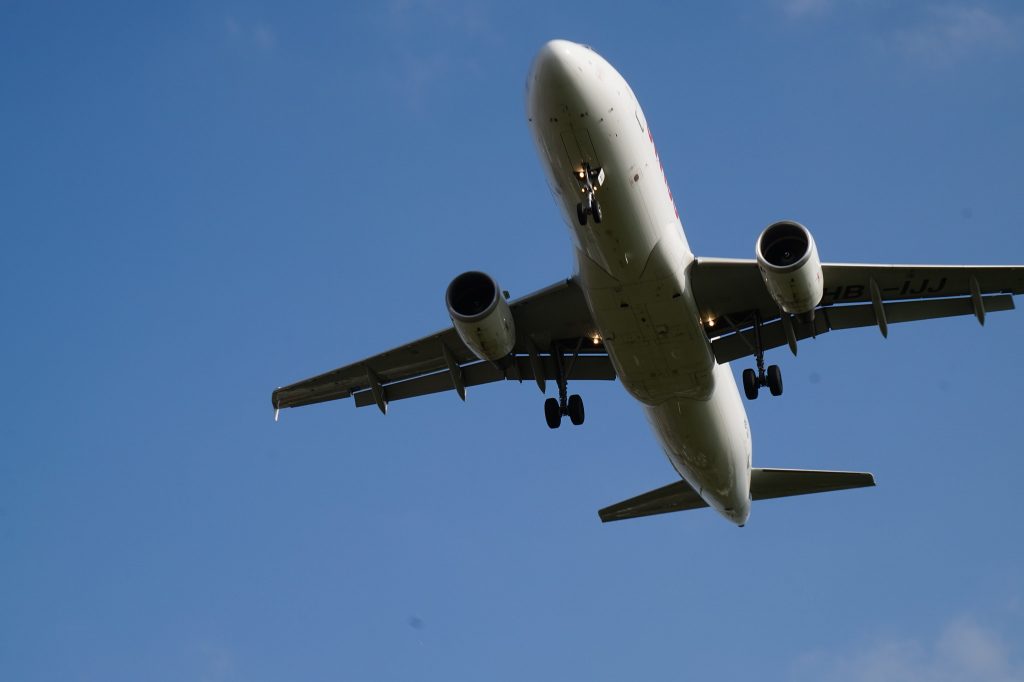25 Critical Days for the Travel Industry in 2020
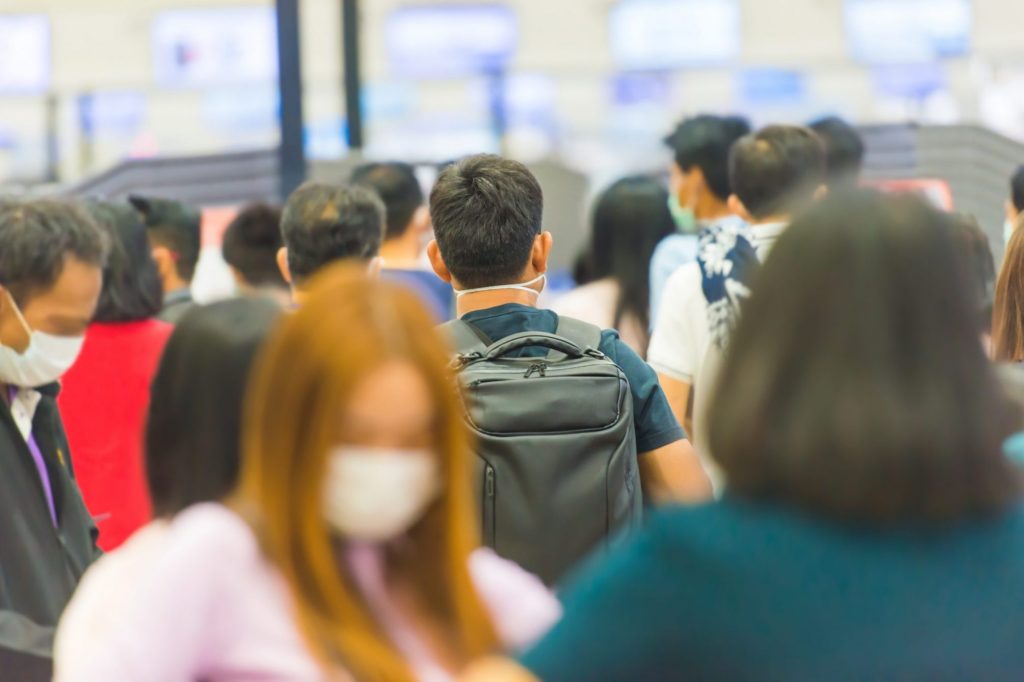
Skift Take
You could argue every day for travel businesses during the pandemic has been mission-critical. But some days over the past 11 months stand out to us. Here's a list of 25 key dates:
January 17
The Centers for Disease Control and Prevention (CDC) begins screening passengers for coronavirus at three U.S. airports, San Francisco (SFO), New York (JFK), and Los Angeles (LAX).
January 21
Skift publishes its very first story on coronavirus, followed three days later with a staff-written story on the potential impact across travel.
February 2
Countries issue a cutoff of 5 p.m. on Sunday for airline passengers to leave China. If they didn't, for Americans, they would be denied entry to the United States or subject to two-week quarantine.
March 5
United Airlines President Scott Kirby, now CEO, speaking at an investor conference put on by the U.S. Chamber of Commerce, offers a rare stark prediction compared to his fellow airline execs about the length and severity of the impact from coronavirus. Kirby never backed down from that early assessment.
March 6
Twenty-one people of 46 tested positive for coronavirus aboard Carnival's Grand Princess cruise ship near San Francisco, the start of a glaring exhibit of the impact of the virus on travel and the failures of the cruise lines and governments to get people off the ships. Skift follows up days later with an analysis what it would mean for the industry.
March 26
The CARES Act is approved in Washington, providing $2 trillion in aid to U.S. businesses. Travel companies see part of that pie.
April 1
Booking Holdings CEO Glenn Fogel discloses in a filing that he had contracted coronavirus, the first CEO of a major travel company to disclose this.
April 21
Virgin Australia becomes the first large airline to collapse during the pandemic, pushed into bankruptcy protection under a load of debt.
May 4
South Korea’s Mirae Asset Global Investments scrapped its $6 billion deal to buy 15 U.S. hotels from China's Anbang Insurance Group as the pandemic crushed property values.
May 9
Signs of deals falling apart, as Carlyle Group and Singapore sovereign wealth fund GIC pull out of a deal to invest in American Express Global Business Travel, a corporate travel booking service that is 50 percent-owned by American Express.
June 17
In one glaring example of the hit travel companies were taking, Hilton Hotels said it is laying off nearly a quarter of its corporate staff.
July 2
U.S. domestic travel was one glimmering bright spot of the pandemic. But on this date, several states, including California, reversed plans to reopen their economies, after the U.S. saw a record 50,000 new virus cases in one day.
July 7
One of the world's most iconic tourist destinations, the Taj Mahal, in India reopens but with mask and distancing restrictions.
August 31
Zoom sees a 355 percent rise in the second quarter revenue because of so many homebound people using the platform for virtual meetings. The events industry shudders, and sees new opportunities.
September 2
Marriott CEO Arne Sorensen pens a heartfelt love letter to travel. Skift republishes his letter.
September 24
In a sign of the pandemic creating opportunities for travel buyers, Highgate buys $2.8 billion in hotel assets from Colony Capital for nearly $68 million and took on $2.7 billion in debt obligations. That made Highgate a hotel player nearly overnight.
October 10
China reports hopeful signs, saying that it saw year-over-year growth in its hotel sector for the first time since the pandemic began.
October 29
Royal Caribbean CEO Richard Fain, pushing back against the growing numbers of critics of his industry during the pandemic, said audaciously that you are safer on a cruise ship than you are on Main Street.
November 3
Joe Biden and Kamala Harris are elected as president and vice president-elect. The travel industry cheers.
November 9
Pfizer reports that its vaccine has a 90 percent efficacy rates, sending travel stocks soaring.
November 12
In a sign of the times to a shift to virtual events, virtual event tech company Hopin announces it has closed one of the largest funding rounds in the history of the event industry at $125 million. This is on top of an earlier round of $40 million.
November 24
Global trade group The International Air Transport Association updates its forecast for the airline industry, now estimating that annual losses will exceed $118 billion.
December 10
Nobody would have ever imagined back in the spring that homesharing giant Airbnb would be able to rebound, let alone rebound and pull off one of the most highly anticipated initial public offerings of recent years. It was a case study in pandemic resilience.
December 20
A new round of relief is passed by Congress. Both U.S. airlines and hotels get some new long-awaited assistance. President Trump finally approves the measure on December 27.
December 24
The UK and the EU finally reach a deal of a drama that began nearly five years ago. The freedom of movement under this pact will hurt the travel industry directly and on the margins at a time when recovery from the pandemic is tantamount.





